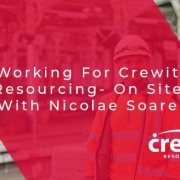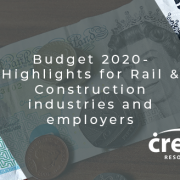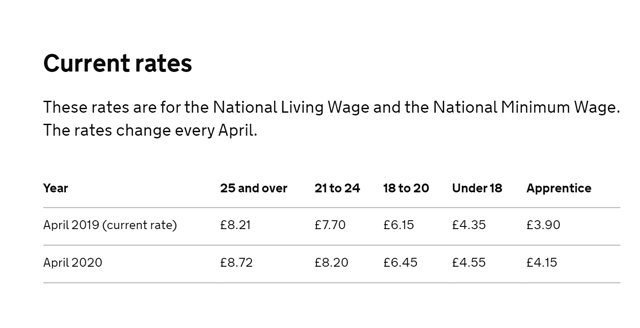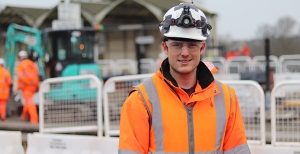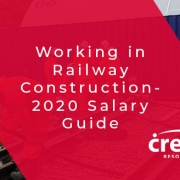One of the main draws into the construction industry is the wide range of career paths one can take.
This means that you can start your career with an entry-level role and quickly progress to finding high paying construction jobs.
Below we’ve listed the top five high paying construction jobs we believe you should strive for. All of the jobs in this list can be achieved without a degree, meaning any construction candidate can achieve them (with hard-work and competency).
5. Site Manager
Average Salary: £25ph (based on our salary data)
Site Managers in construction are responsible for looking after the teams on-site. They’ll have worked their way up in construction, be good at managing multiple gangs and be willing to support the Foreman where they require.
Site Manager roles will commonly look for good communication skills, multi-discipline knowledge and a problem-solving attitude.
Required Qualifications: SMSTS or Gold CSCS Card.
4. General Foreman
Average Salary: £28ph (based on our salary data)
Working alongside the Site Manager, a General Foreman may have full control of the operational side of a construction site. On larger sites, the General Foreman may delegate some operational duties to the Site Manager, so that they can manage the various teams working on site.
General Foreman jobs will require a good amount of experience in construction as well as a range of trades.
Required Qualifications: SMSTS and NVQ Level 6.
3. Construction Manager
Average Salary: £30ph (based on our salary data)
As a Construction Manager on a construction site, you’ll have a wide range of responsibilities. These include health and safety procedures, project completion and project budget.
You’ll manage the practical side of the project while working on-site. Working closely with the project managers, quantity surveyors and the other management team.
To secure a role as a construction manager, you’ll need good experience in the industry, alongside a construction certification. Any additional experience and qualifications you can obtain will also be beneficial.
Required Qualifications: NVQ Level 6.
2. Setting Out Engineer
Average Salary: £32ph (based on our salary data)
A role as a Setting Out Engineer is perfect for recent graduates, apprentices and aspiring engineers.
Using their engineering knowledge, they’ll use construction plans and technology to assess the viability and approve the construction site to begin work. This role comes with heavy responsibility as Setting Out Engineers will test for utility systems and access roads before the construction works starting.
In return for the responsibility and this role is a high paying construction job.
Required Qualifications: City and Guilds 17th Edition or Engineering Degree, Setting Out For Construction Certification or similar.
1. Handback Engineer
Average Salary: £38ph (based on our salary data)
A Handback Engineer or Track Handback Engineer is a construction role that is found within the rail industry. This role is the opposite of a Setting Out Engineer, meaning the have to use technology and knowledge to assess whether the track can be passed back after construction works have finished.
With strong potential implications occurring, this role requires an engineering degree. It is the highest paying construction job on our list, and this is due to the responsibility that comes with it.
Required Qualifications: City and Guilds 17th Edition or Engineering Degree, Track Handback Engineer Certification or similar.
—–
When it comes to progressing in your construction career and getting a high paying construction job, two factors come into play: experience and qualifications. Don’t underestimate the power of personal development. Continue to earn more certifications and gain new experience where possible.
We regularly receive these roles, to be notified when they come up, quick register with us and we’ll be in touch if we have anything suitable for you.
crewitresourcing.com/quick-register
Alternatively, take a look at our current job openings to discover if we have these roles available now:
crewitresourcing.com/jobs





